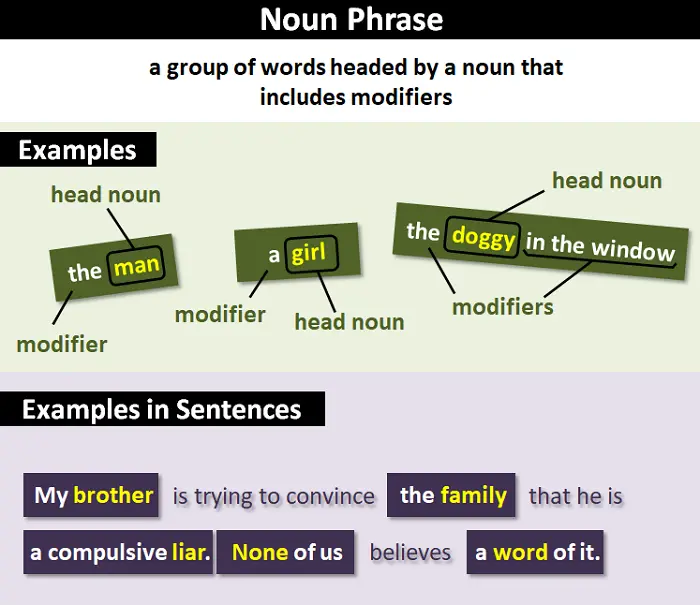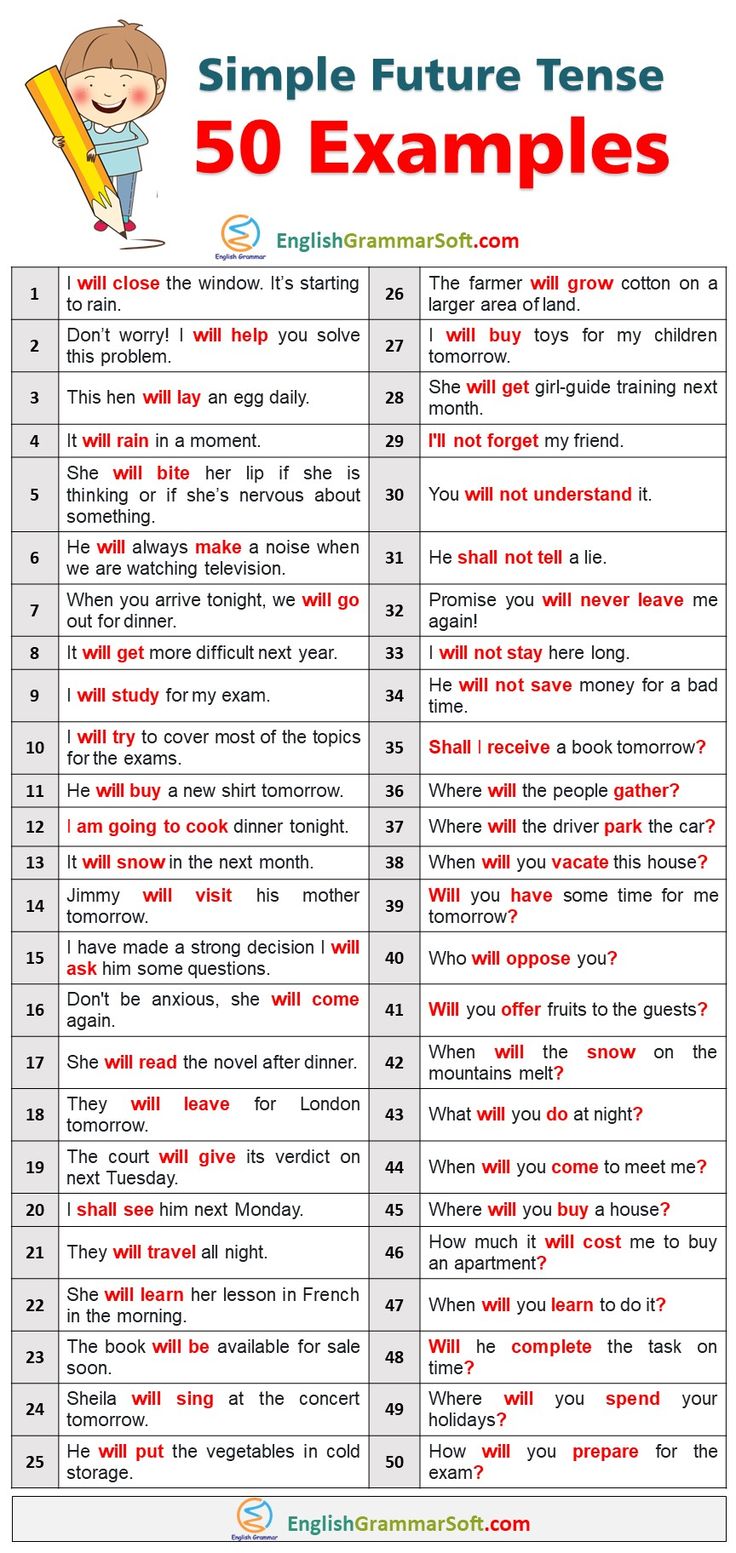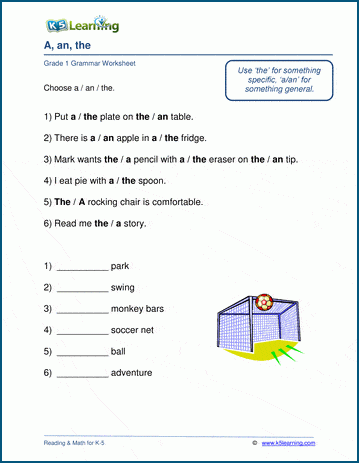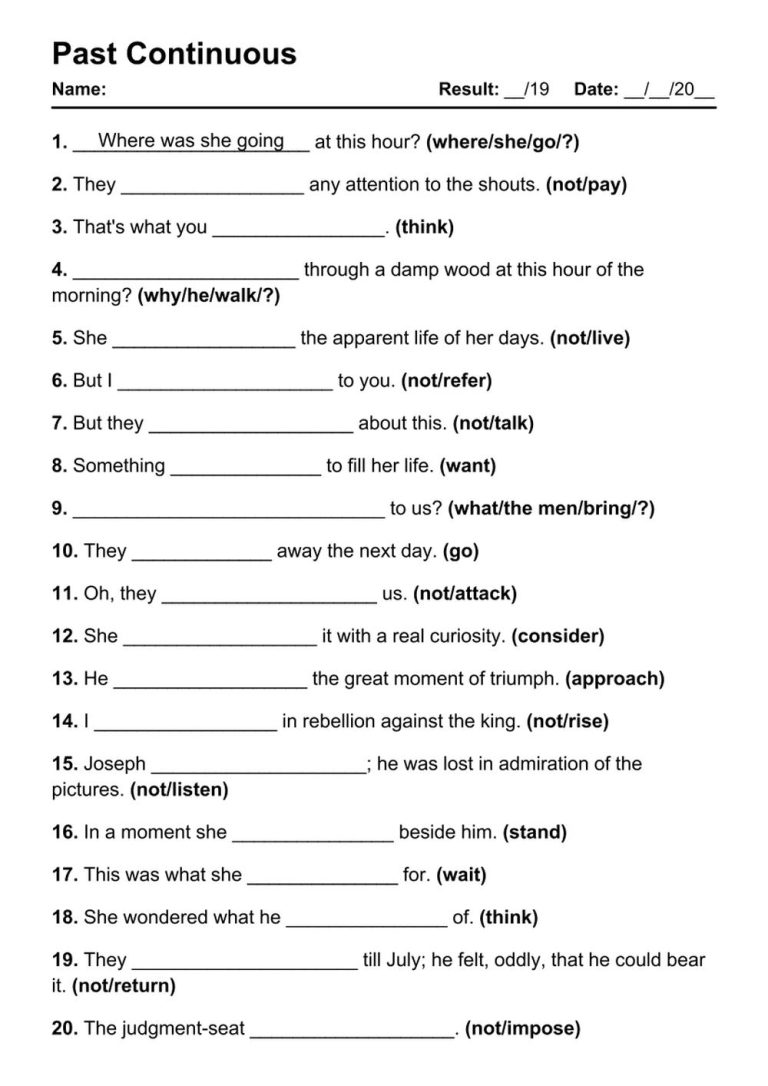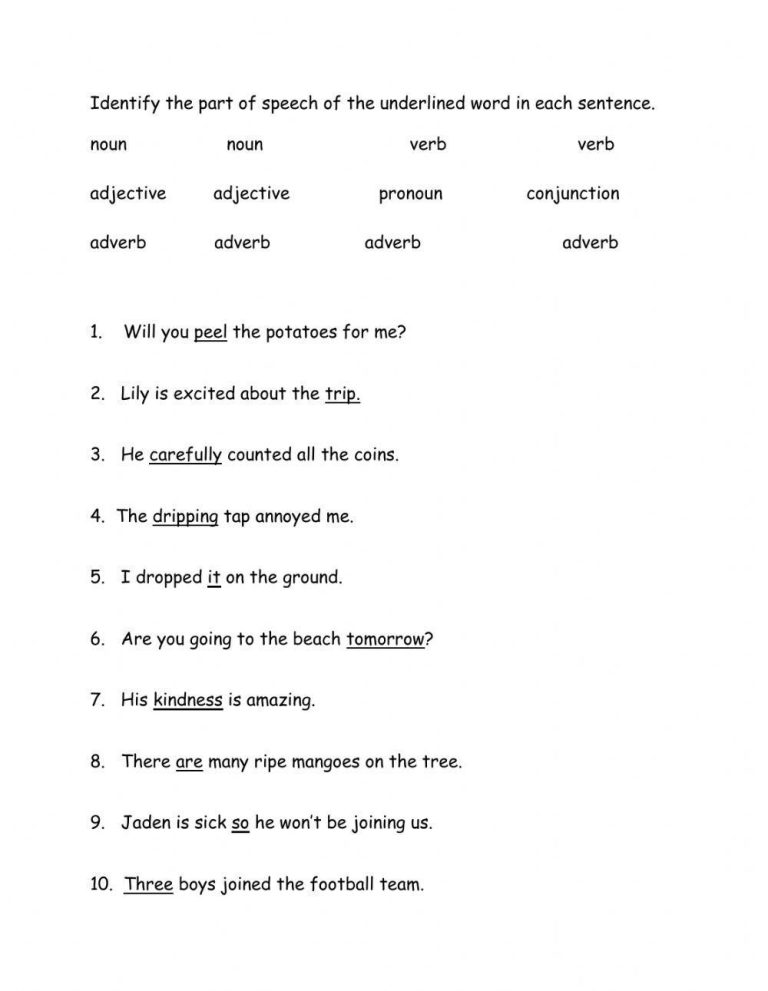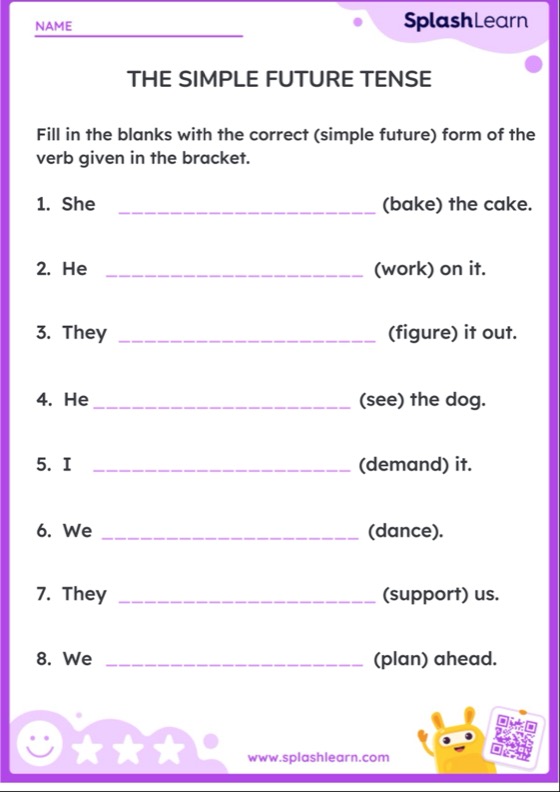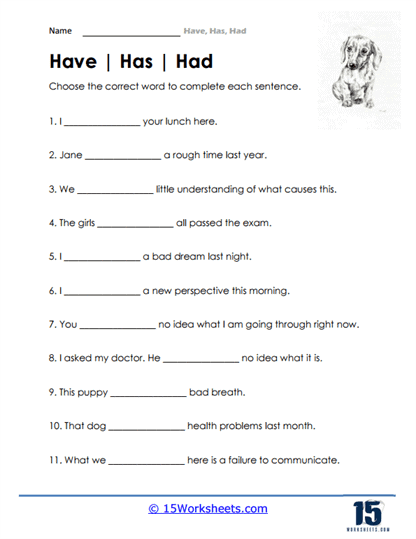Examples of Noun Phrase
Have you ever stumbled across the term “noun phrase” and wondered what it truly means? You’re not alone.
Noun phrases are everywhere, and understanding them can boost your language skills instantly. Imagine being able to craft sentences that captivate and communicate effectively. You’ll discover clear examples of noun phrases that will demystify this essential grammar concept. These insights aren’t just for grammar enthusiasts—they’re for anyone looking to enhance their writing and speaking abilities.
Dive in, and unlock the power of noun phrases for yourself. Your communication skills will thank you.
Defining Noun Phrases
A noun phraseis a group of words. It includes a noun and other words. These words give more details about the noun. Noun phrases can be short or long. They help make sentences clear. An example is “the red ball.” The noun is “ball.” The words “the red” describe the ball.
Noun phrases are used in everyday speech. They can be found in stories and texts. “A large, fluffy cat” is a noun phrase. “Cat” is the noun. “A large, fluffy” tells us about the cat. Noun phrases can tell size, color, or quantity. They make writing more interesting.

Credit: promova.com
Components Of Noun Phrases
Nouns are the main partsof noun phrases. They name a person, place, or thing. The noun gives meaning to the whole phrase. Without the noun, the phrase is incomplete. The noun is like a centerpiecein a display. It holds everything together.
Modifiers add extra detailsto nouns. They make the noun more specific. Adjectives are common modifiers. Determiners help us know which noun we talk about. Words like “the,” “a,” and “some” are determiners. They set boundaries for the noun. They guide us to understand more about it.
Prepositional phrases give more informationabout the noun. They often start with words like “in,” “on,” or “at.” These phrases describe location or time. They add depth to the noun phrase. They help us see where or when things happen. Together, they make the noun phrase more complete.
Simple Noun Phrase Examples
Nouns are names for people, places, or things. Dog, cat, and house are examples. Each is a single word noun. Teacher and school are nouns too. They help us identify who or what we talk about.
Modifiers add detail to nouns. Red apple is a noun with a modifier. Happy child has a basic modifier. Words like big and small change meanings. Modifiers make sentences clearer. Old book shows age. Fast car shows speed.
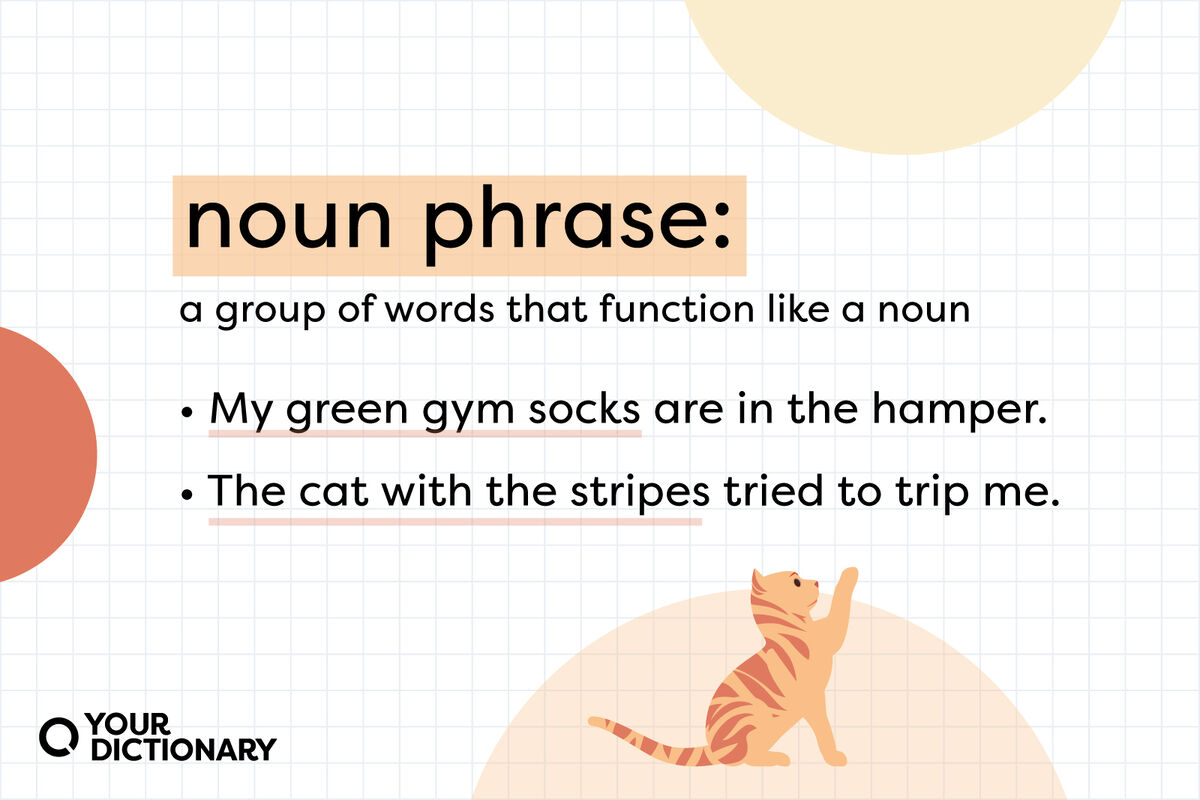
Credit: www.yourdictionary.com
Complex Noun Phrase Examples
Multi-word nouns use several words to name one thing. For example, high school teachernames a person. It tells us the teacher works at a high school. Another example is chocolate chip cookie. This names a type of cookie with chocolate chips. Multi-word nouns help us understand more about the noun.
Extended modifiers add detail to nouns. For instance, bright red sports cardescribes a car. It tells us the car is red and sporty. Another example is large wooden dining table. This tells us the table is big and made of wood. Extended modifiers make noun phrases more interesting and clear.
Noun Phrases In Sentences
Noun phrases often serve as the subject. These phrases tell who or what the sentence is about. For example, “The big dog”barked loudly. Here, “The big dog” is the subject. It shows the main focus of the sentence. Another example is “A small cat”slept on the mat. “A small cat” is the subject, giving clarity to the sentence.
Noun phrases can be objects too. They tell what receives the action. In the sentence, “She read a book”, “a book” is the object. It shows what she read. Another example is “He caught a fish”. “A fish” is the object, showing what he caught.
Noun phrases sometimes act as complements. They give extra information. For instance, “My brother is a doctor”. “A doctor” complements “my brother.” Another example is “The room looks a mess”. “A mess” complements “the room.” Complements help to describe or define.
Role Of Noun Phrases In Communication
Noun phrases help in making sentences clear. They give more information about people, places, or things. For example, instead of saying “dog,” you can say “the big brown dog.” This gives a better picture. It tells size and color. Clarity comes with detail.
Using noun phrases adds emphasis to a sentence. It shows more detail. Imagine saying “a house” versus “a beautiful, old house on the hill.” The second sentence paints a picture. You can see the house in your mind. Noun phrases make stories come alive. They add depth to simple sentences.
Common Mistakes With Noun Phrases
Many people add too many modifiersto a noun phrase. This makes sentences hard to read. A noun phrase should be clear and simple. Extra words can make it confusing. For example, “the very tall, extremely bright, wonderfully kind boy” is too much. It is better to say “the tall boy”. Keep it short and direct.
Noun phrases can cause confusionif not written well. Words can have double meanings. Sentences like “the man saw the boy with the telescope” can confuse readers. Does the man have the telescope or the boy? Clarity is key. Use commas or rewording to remove ambiguity. Be clear to avoid misunderstandings.
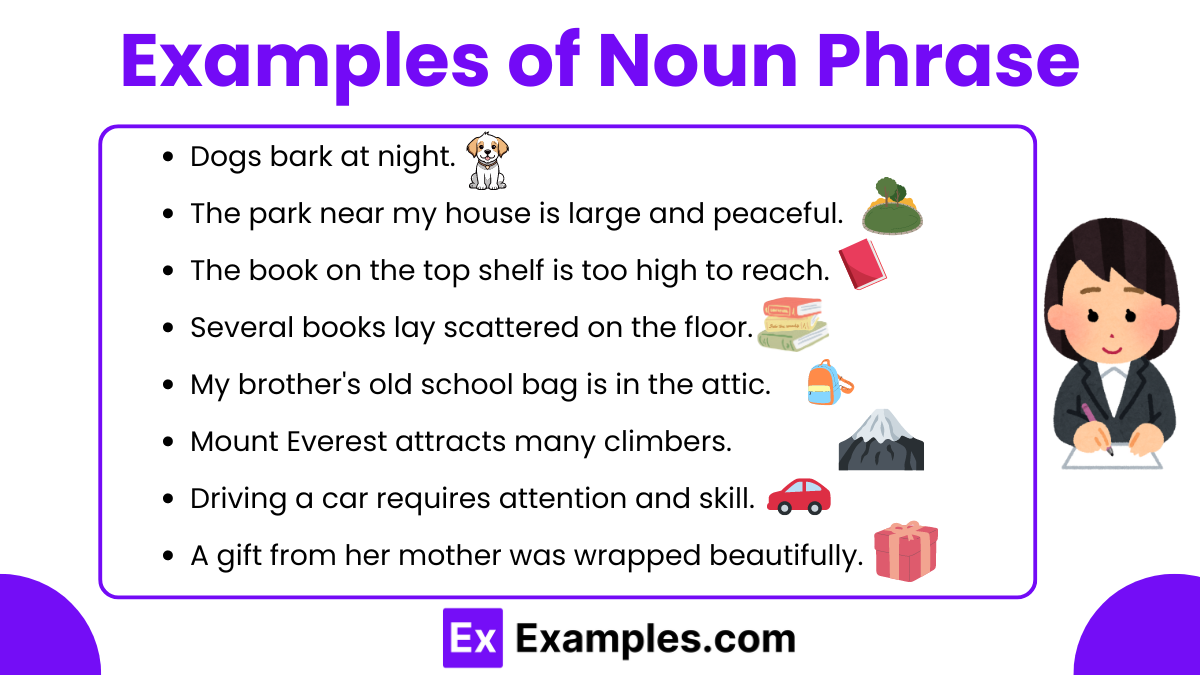
Credit: www.examples.com
Frequently Asked Questions
What Is A Noun Phrase Example?
A noun phrase includes a noun and its modifiers. For example, “the quick brown fox” is a noun phrase. It consists of the noun “fox” and the modifiers “the quick brown. ” Noun phrases can add detail and context to sentences, making them more informative.
How To Identify A Noun Phrase?
Identify a noun phrase by finding the main noun and its modifiers. The main noun is the subject or object in the sentence. Modifiers are adjectives, articles, or prepositional phrases that add detail to the noun.
Why Are Noun Phrases Important In Writing?
Noun phrases are important because they add detail and clarity. They make writing more descriptive and engaging. By expanding simple nouns into noun phrases, writers can convey more information and context.
Can A Noun Phrase Include A Verb?
A noun phrase does not include a verb as the main element. It may contain a participle or gerund as a modifier, like “the running water. ” The main focus of a noun phrase is the noun, along with any modifiers.
Conclusion
Noun phrases play a key role in sentences. They add detail and clarity. Understanding them improves your writing skills. Noun phrases often include articles, adjectives, and nouns. These elements create vivid images. Learning their structure aids comprehension. It makes reading and writing more effective.
Practice by identifying noun phrases in everyday texts. This will enhance your language skills. Communicate ideas more clearly with them. With consistent practice, proficiency grows. Mastering noun phrases boosts your confidence. It enriches your language use. So, keep exploring and practicing.
Your efforts will pay off. Enjoy the journey of learning.
